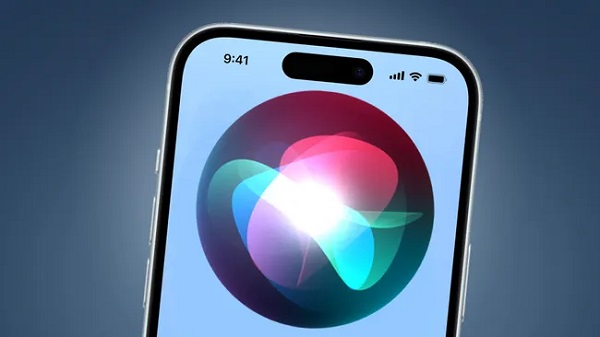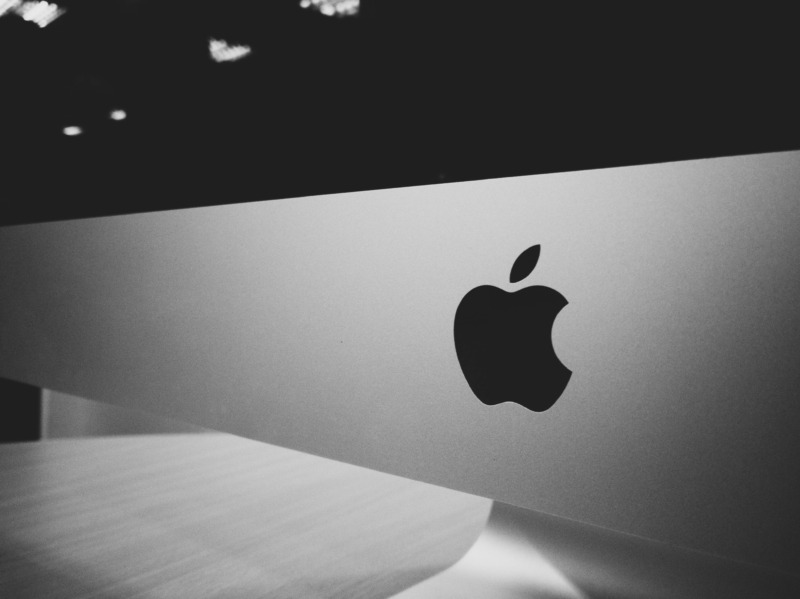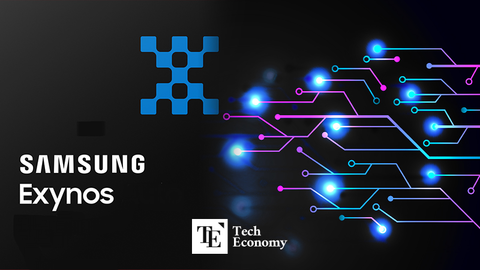Apple’s Siri AI Upgrades Delayed Until 2026: A Setback in the AI Race
Input
Modified
Apple’s Grand AI Vision: Why Siri’s Upgrade Was Supposed to Be Revolutionary What Went Wrong? Perfectionism, Talent Shortages, and Persistent Issues The High Cost of Delays: How Siri’s Struggles Impact Apple’s AI Future

Apple’s Grand AI Vision: Why Siri’s Upgrade Was Supposed to Be Revolutionary
Apple's Siri, once a trailblazer in the virtual assistant space, has faced criticism and challenges over the years. The recent news that some of its AI improvements have been delayed until 2026 has sent ripples through the tech industry. This announcement underscores the complexities Apple is grappling with in its quest to upgrade Siri and enhance its artificial intelligence capabilities. But what went wrong with Siri’s development, and what does this delay mean for Apple and its customers?
Apple has long been in the race to integrate artificial intelligence across its suite of products, and Siri is at the center of this push. The company initially presented Siri as a cutting-edge tool for hands-free assistance, promising to transform how users interact with their devices. However, as other companies like Google and Amazon continued to advance their own virtual assistants, Siri began to lag behind in functionality and intelligence.
To address these challenges, Apple set lofty goals for improving Siri. The company had reportedly planned to introduce advanced AI-driven features, making Siri more intuitive, responsive, and capable of performing more complex tasks. Some of these advancements were aimed at bolstering Siri's understanding of natural language, improving contextual awareness, and delivering smarter, more personalized responses. However, despite these ambitious goals, the timeline for Siri's improvements has hit a roadblock, with key AI enhancements now expected to be delayed until 2026. This delay has raised eyebrows in the tech community, and many are wondering what caused the hold-up and whether Siri can catch up with its competitors in time.

What Went Wrong? Perfectionism, Talent Shortages, and Persistent Issues
One potential explanation for the delay is Apple's well-known dedication to purity. The company has a long-standing commitment to delivering exceptional user experiences and flawless design, frequently dedicating additional time to guarantee that its products meet the most stringent standards. This pursuit of perfection has resulted in the creation of some of Apple's most iconic products, such as the MacBook and the iPhone; however, it can also impede development.
In the case of Siri, Apple may have sought to create an AI assistant that outperformed its competitors in every aspect. However, the sheer complexity of accomplishing this objective may have resulted in delays. Creating an AI system that can comprehend and respond to natural language with near-perfect accuracy is a monumental undertaking. This is particularly relevant when the assistant is required to operate seamlessly across multiple devices, manage a diverse array of user commands, and integrate with a vast ecosystem of applications and services.
It is possible that Apple's perfectionist culture resulted in the company delaying the release of critical Siri upgrades in order to further refine the technology. Although this meticulousness is a hallmark of Apple's approach, it may have inadvertently impeded the company's ability to achieve its initial AI objectives for Siri.
Another possible reason for the delay is a lack of sufficient manpower dedicated to the project. Despite Apple’s immense resources, AI development requires specialized skills that are in high demand across the tech industry. With the rapid growth of artificial intelligence, many top AI researchers and engineers have flocked to other companies offering competitive salaries and cutting-edge projects.
While Apple has made significant investments in AI and machine learning, it’s possible that the company simply doesn’t have the manpower it needs to complete Siri’s upgrades on time. AI development is an inherently collaborative and resource-intensive process, requiring large teams of skilled individuals to handle everything from data processing to model training.
Additionally, Apple’s focus on keeping its developments in-house may have limited its ability to partner with outside AI specialists or to leverage external resources. In an age where AI advancements are occurring at a breakneck pace, it’s crucial to have access to the best and brightest minds in the field. If Apple has struggled to attract and retain top talent, this could have further delayed Siri’s improvements.

The High Cost of Delays: How Siri’s Struggles Impact Apple’s AI Future
Siri’s delays are even more significant when considered alongside its long-standing issues. Despite being one of the first virtual assistants to hit the market, Siri has often been criticized for its lack of intelligence, poor voice recognition, and limited capabilities. Users have long complained that Siri is not as responsive or intuitive as competitors like Google Assistant or Amazon’s Alexa.
The introduction of new features has often been slow, and Siri’s ability to understand complex queries or perform tasks beyond basic commands is still limited compared to its rivals. In particular, Siri’s failure to keep up with Google Assistant’s ability to deliver accurate, context-aware answers has been a major point of contention.
Furthermore, Siri’s integration with third-party applications has often been clunky, and its reliance on internet connectivity for basic functions has made it less reliable in certain situations. While Apple has made strides to improve Siri’s functionality over the years, the assistant still lags behind in several key areas.
The delayed AI upgrades are intended to address these issues, but the delay means that Siri will remain an underwhelming virtual assistant for the foreseeable future. This is problematic for Apple, as virtual assistants have become a crucial part of the user experience on smartphones, smart speakers, and other connected devices. Without significant improvements to Siri, Apple risks falling behind in the AI race.
Siri’s challenges have also impacted Apple’s broader ambitions in the smart display market. Apple had planned to launch a new smart display that would integrate Siri more seamlessly with the home. However, progress on this project has been hindered by the same AI-related issues that have delayed Siri’s enhancements.
The smart display was intended to compete with products like Amazon’s Echo Show and Google’s Nest Hub, offering users a hands-free way to interact with their smart home devices, access information, and enjoy multimedia content. But without the necessary AI improvements to Siri, the smart display’s potential is limited.
Apple had hoped that Siri’s enhanced capabilities would make the smart display an attractive offering in the rapidly growing smart home market. However, with Siri still lagging behind in terms of functionality, the smart display’s development has suffered. The delay in Siri’s AI improvements has thus compounded the setbacks for Apple’s smart display, forcing the company to rethink its timeline and strategy for this product.
The delay in Siri’s AI improvements also raises broader questions about Apple’s approach to AI development. The company has committed a staggering $500 billion to the AI race, positioning itself as a major player in the technology’s future. However, the delay in Siri’s upgrades highlights the challenges Apple faces in its efforts to outpace competitors like Google, Amazon, and Microsoft.
While Apple’s commitment to AI is admirable, the delay in Siri’s development suggests that the company may be struggling to match the pace of its rivals. Google and Amazon have already made significant strides in integrating AI into their products, with Google Assistant and Alexa continuing to evolve rapidly. Apple’s slower progress with Siri puts it at risk of falling further behind in the race for dominance in the AI space. As Apple seeks to catch up, it may need to invest even more resources in AI development, potentially diverting attention and funds from other projects. This could put additional pressure on the company as it works to balance its ambitious AI goals with its other business priorities.
The delay in Siri’s AI improvements is a blow to Apple, but it is not necessarily the end of the road for the virtual assistant. With its deep pockets and extensive resources, Apple has the potential to catch up with its competitors, provided it can overcome its internal challenges. Whether that involves ramping up its workforce, refining its development processes, or rethinking its AI strategy, Apple must act quickly if it hopes to reclaim its place at the forefront of the AI revolution.
For now, Apple’s Siri remains a work in progress, with the promise of more advanced capabilities on the horizon—albeit a few years later than initially expected. The delay may be frustrating for users who have grown accustomed to Apple’s reputation for delivering seamless, innovative products, but it also serves as a reminder that the road to AI excellence is anything but straightforward.





















